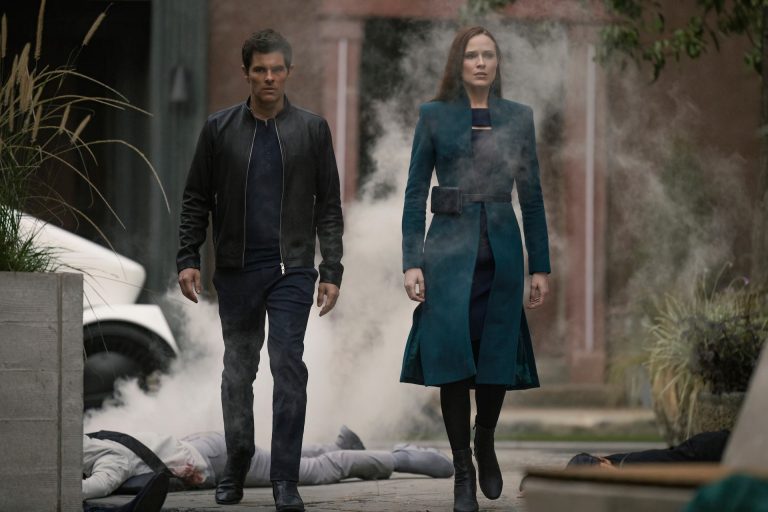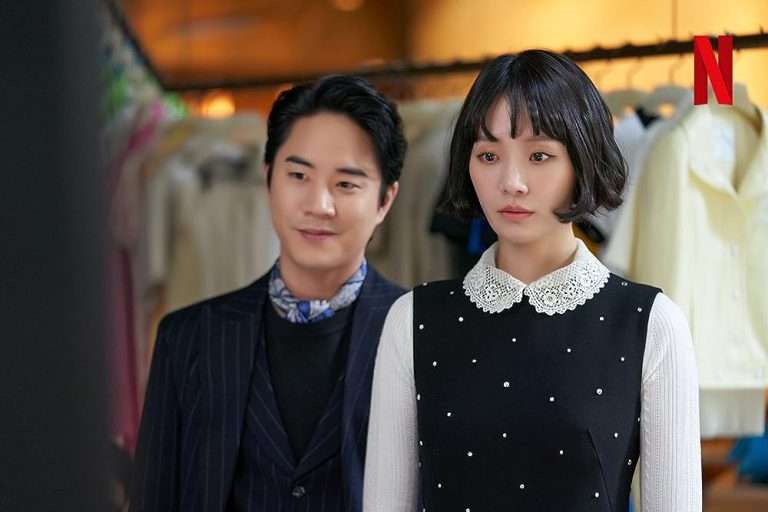What’s better than an Action-Comedy with Jackie Chan? An Action-Comedy with two Jackie Chan’s? Well, not really. Since Ringo Lam and Tsui Hark’s “Twin Dragons” are forced to divide between the two genres the star is famous for, it leads to two different roles within a harebrained plot of mistaken identity. Due to such a scenario, there’s an outdated, conflicted, and kitschy aspect to this film established right in its opening. Depicted in black and white, identical twins with a psychic connection are born. If one child makes a move, the other matches the action. It enhances the idea of the humor behind the film.
The boys are divided when Crazy Kung (Kirk Wong), an injured criminal, escapes Police custody and steals one of the twins before abandoning him in the streets of Hong Kong. Heartbroken at the loss of their son, the parents take their remaining twin and leave for America. A Chinese hostess picks up the abandoned child and raises him in the mean streets of Hong Kong. A quick montage displays each one’s growth smoothly transitioning to color as both boys age into young men.
Ma Yau (Jackie Chan) is a musical prodigy, a renowned conductor set to return to Hong Kong for a grand performance. Bok Min (Jackie Chan) is a rowdy mechanic who is as adept with fighting as he is behind the wheel as a lowly racer. Hark and Lam establish that their psychic connection gets them into all kinds of silly trouble. This foreshadows the larger consequences to come when the two men meet and trade places, leaving everyone else confused. The crucial players included in this confusion are Bok’s sidekick, Tarzan (Teddy Robin), a bar singer, Barbara (Maggie Cheung), and a whole host of gangsters. On the other side are Yau’s family friends he stays with during his visit. It Includes his stunning childhood friend Tong Sum (Nina Li Chi), who has a secret liking for men who can fight.
A series of vignettes shows the two men switching roles back and forth as confusion ensues. For a while, neither man knows of the existence of the other. They are pushed to the brink of the extreme, with Yau displaying his famed musical talent to an enamored Barbara while Bok displays his fighting skills to an excitable Sum. The film expects a level of disbelief from the audience, as many of the surrounding extras hilariously react to seeing double across every location in the movie. Funnily enough, the real distraction in this scenario is that famed actors and filmmakers of the era of Hong Kong cinema play as extras.
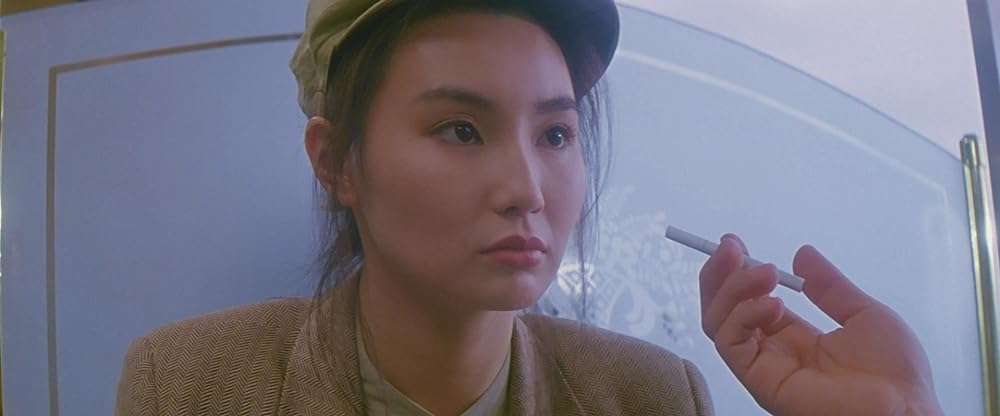
Ultimately, push comes to shove when Ma and Bok hilariously collide in a bathroom stall, and they cannot imagine the situation they’ve been placed in. Despite the opportunity to switch back roles, circumstances continue to impede their chance to sort the matter. This all escalates towards the film’s most significant set piece, as Sum pushes Bok into performing at the grand orchestra as the conductor. Meanwhile, Yau is caught by the gangsters and forced into helping them act as drivers. They try to break out their boss Crazy Kung (a bout of coincidence never acknowledged) from a prison bus in Police Custody.
The editing intercuts the two sequences as each of the versions of Chan’s character is forced to play the other version’s role. The high-octane action mixed with the heightened slapstick comedy is what Jackie Chan’s fans pay to see, and the sequence delivers to wild heights. This is even though the makers initially disregard the psychic connection between the two men. Only to bring it into play when the comedy needs more spice.
There are sporadic moments, though, that allow Chan to display his unique brand of acrobatic martial arts. “Twin Dragons” begins to fall flat as the twins argue about their role in each other’s lives and about their women. It highlights the troubling aspect of the switch, as Bok inadvertently manipulates Sum into bed with him. The outdated bit of comedy is sadly part and parcel of the era of Hong Kong cinema. As distinct as the two Jackie Chan roles are from one another, so are the roles of the two filmmakers. Ringo Lam is responsible for the action sequences; his gritty, fast-paced, explosive-riddled style is at the forefront of the chases and fights.
Tsui Hark handles major portions of the comedic set pieces, especially when the two protagonists meet and constantly switch. Jackie Chan handpicked Hark for this film because of his renowned expertise in special effects. On that front, the filmmaker fails miserably; the dated effects do nothing to convince that two Jackie Chans are in the frame. Though one could give leeway to an old film, Chan felt the same on its release, thus choosing never to work on an effects-heavy cinema outside of Hollywood.
It doesn’t help that there isn’t much meat to Chan’s performance. He is excellent when called to portray elements of his classic roles. Yet, Jackie Chan isn’t the kind of performer, and this isn’t the kind of film to make the two roles distinct enough beyond a superficial level. Outside of the lead role, there’s not much for anyone else to do, especially for Maggie Cheung, who does a rehash of her girlfriend role from the “Police Story” franchise. Even the action, though riveting as aforementioned, doesn’t quite align with Chan’s sensibilities, for the most part.
The climax is barely enhanced by the cinematic look it is given. The set piece is staged inside a Mitsubishi car-testing warehouse as blatant product placement. Yet the action looks sleek as Bok and Ma constantly trade places to confuse the gangsters chasing them. One room is a car wash filled with heavy water pouring from above and washed in blue. The two sets look exceptionally cool and add to the chaos. This is until the gangsters confront the two men on a crash-testing platform, isolating and trapping Bok. Once more conveniently, the makers lean into the psychic connection as Bok fights the cage so that Ma repeats his actions and defeats the villains.
The two filmmakers leave us with that last bit of classic Jackie Chan thrill, apart from their cameos as card-playing cheaters working in the warehouse. Thus, “Twin Dragons,” in that sense, feels like a great party while making a Jackie Chan film. In the end, while it is enjoyable, it doesn’t quite measure up to the classic status one expects of his cinema from that era.

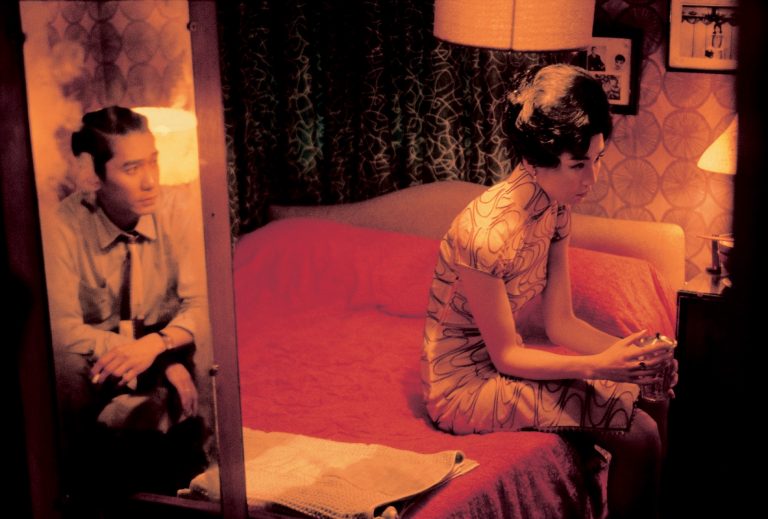
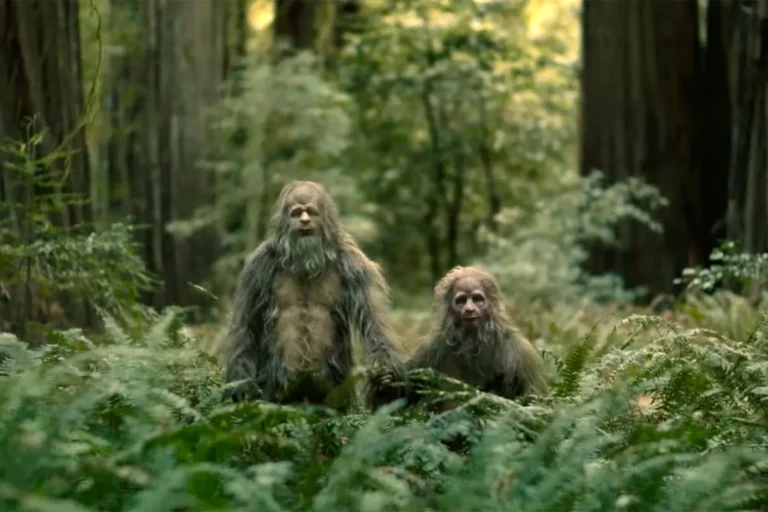
![RRR [2022] Review: S. S. Rajamouli Delivers One Of The Best Indian Action Films With Jr. NTR And Ram Charan](https://79468c92.delivery.rocketcdn.me/wp-content/uploads/2022/03/RRR-1-768x432.jpg)
